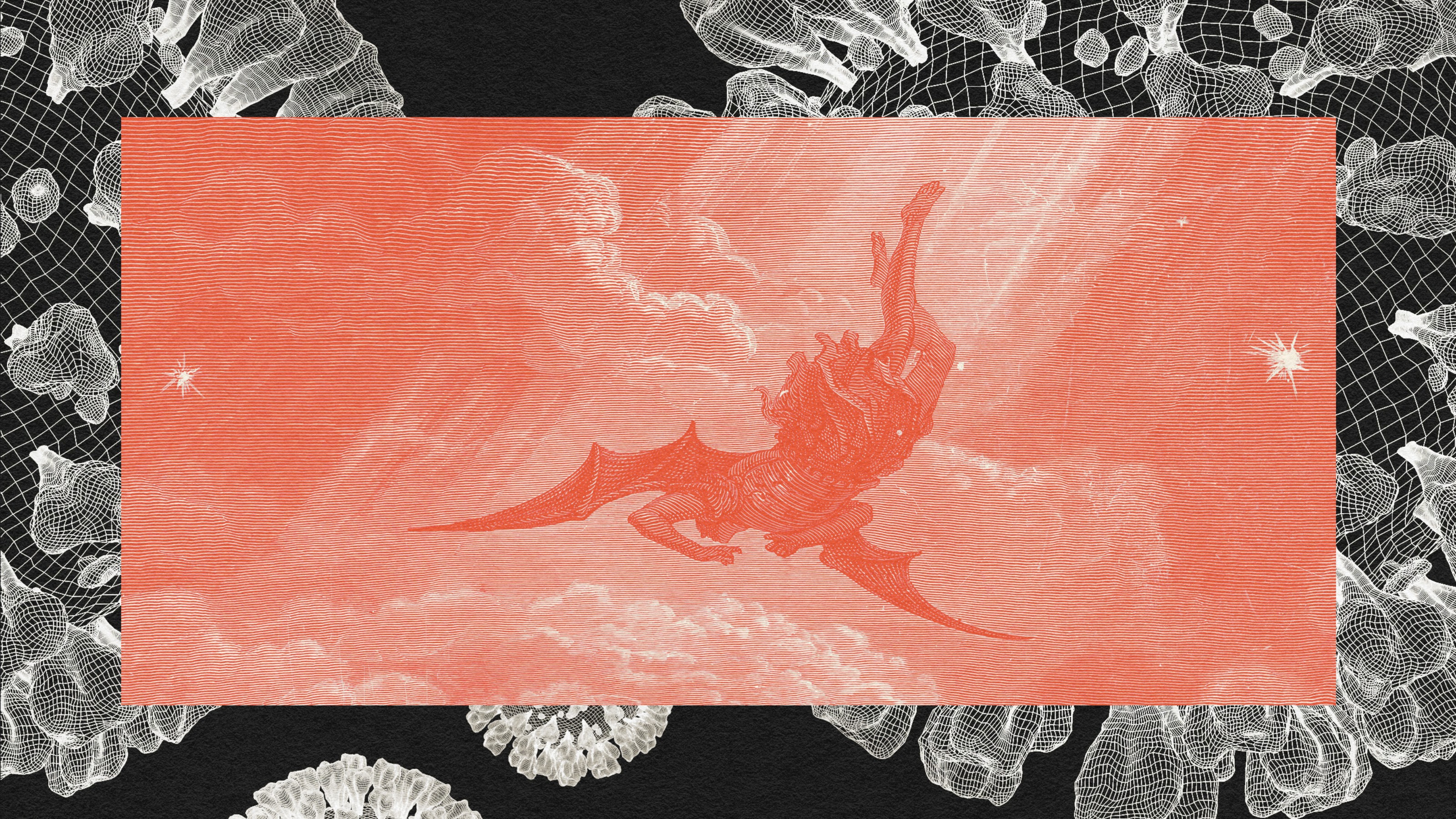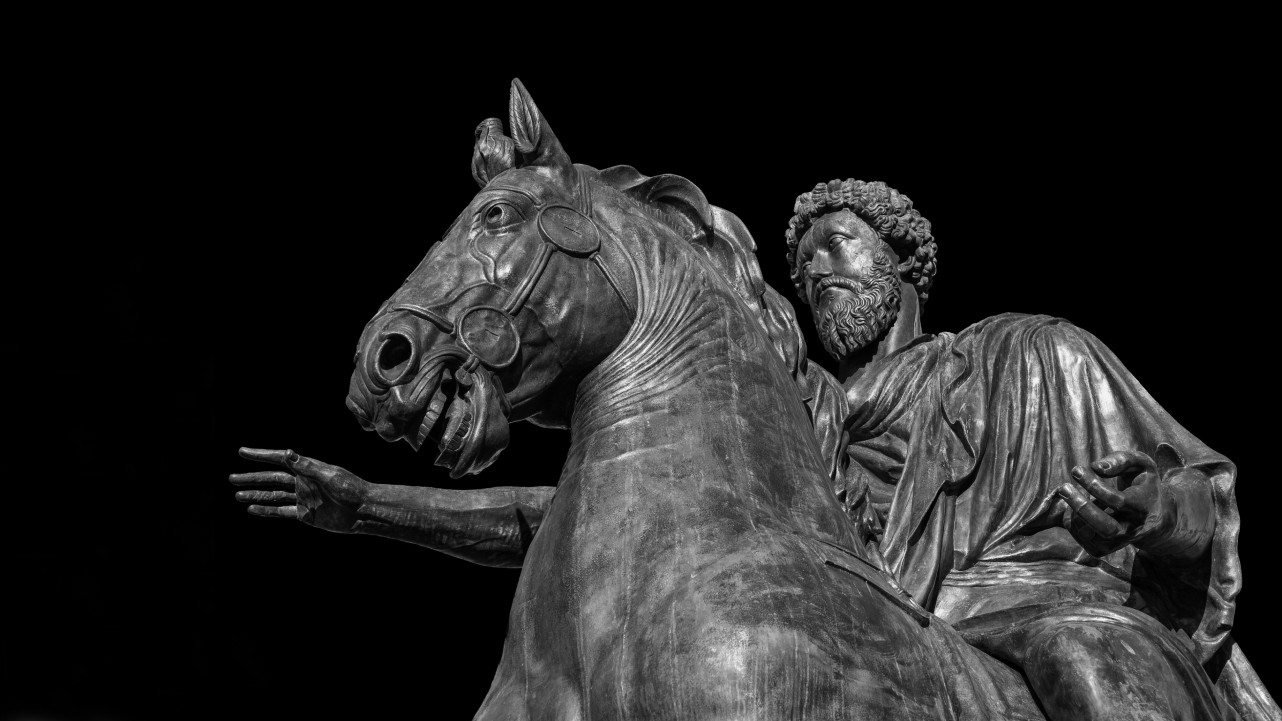Can an Atheist Be a Unitarian Universalist? (Part 1)

As I’ve mentioned in the past, my wife and I have for several years been attending a Unitarian Universalist church in the New York area. Unitarian Universalism is officially a religion without faith or creed: its foundational seven principles are only about acting morally, and none of them specify belief in God as a requirement. By some estimates, as many as 46% of UUs are atheists, and the church as a whole supports marriage equality, secularism and other progressive causes, which makes it the perfect fit for someone like me – or so I thought.
My doubts were precipitated by a book called A Chosen Faith, which seeks to set out what it is that Unitarian Universalists believe. Beacon Press, the official publishing arm of the Unitarian Universalist Association, calls it “the classic introductory text on Unitarian Universalism”. One of its two authors, Forrest Church, is now deceased, but was the minister of All Souls, a New York City-based church that’s one of the largest and most influential UU congregations in America. The other author, John A. Buehrens, was president of the Unitarian Universalist Association from 1993 to 2001 and is still an active minister in a UU congregation in Massachusetts.
I didn’t read A Chosen Faith when I first started attending a UU church, which was an oversight on my part. But a few months ago, I got into a conversation in a thread on Butterflies & Wheels with a commenter who goes by Rieux (I bet some of you recognize that name!), who had some eye-opening comments about what was in it. Spurred by Rieux’s comments, I set out to read the book for myself. It wasn’t long before I saw exactly what he had been talking about.
Each chapter of A Chosen Faith is about one of the sources from which UUs have drawn ethical and spiritual inspiration. And when it comes to traditional, mainstream religions like Judaism and Christianity, or even New Age “earth-centered” belief systems, Church and Buehrens have nothing but praise and good things to say. But then there’s the chapter on secular humanism. In it, the authors grudgingly recognize that atheism has a place in Unitarian Universalism, but they pound home a message about how dangerous it is, how we have to be sure not to rely on it too much, how we have to take extreme care to recognize its limitations. They call skepticism a “mercury pill”: a useful medicine in small doses, a deadly poison if you take too much. (See Rieux’s article for a much more detailed review of the anti-atheist language throughout the book.)
And then there’s this:
Looking at the religious aspects of many intergroup conflicts, at the violence carried out by zealots in the name of religion, some people conclude that the world would be safer “religion-free.” They may even try living this way themselves. But too often they only practice a form of self-delusion. Nature abhors a vacuum and so does the human spirit. As C.S. Lewis said, the opposite of a belief in God is not a belief in nothing; it is a belief in anything. Sweep the demon of religion out the door and, like the story in the Gospels, you may only succeed in making room for an evil spirit worse than the first — this one accompanied by seven friends (Luke 11:24-26; Matt. 12:43-45). Zealous atheism can perform this role of demonic pseudoreligion.
This language could have come straight out of a Christian gospel tract: saying that atheists are in the grip of self-delusion, that we’re worse than the violent zealots we condemn, or that we’re practicing a “demonic pseudoreligion”. And, lest I overlook it, this passage clearly implies that it’s necessary to believe in God to be a UU – or even just to be a good person. I expect this kind of hostile, sneering denunciation from Bible-thumping fundamentalists, but to hear it from the mouth of a Unitarian Universalist minister was an awful shock.
Granted, this book has no actual authority over me. There’s no UU Pope decreeing dogma which every member must follow; every congregation is autonomous and run by its own members. In that sense, I’m free to reject these words as just another opinion, and an ignorant and prejudiced opinion at that. But I don’t think it’s that simple. This book was written by a past president of the UUA and the minister of one of its most influential congregations, and it’s still being promoted as the definitive introduction to Unitarian Universalism by the UUA’s publishing arm. If anyone can claim to be a spokesperson for Unitarian Universalism as a whole, it would be them.
There was one obvious step to take: I wrote to John Buehrens to see if he would defend his book when challenged. The e-mail I sent him is reproduced below, with minor edits to remove some personal details:
Dear Rev. Buehrens:
I’m writing to seek your thoughts on a subject that’s been troubling me. My wife and I have been attending a UU congregation for several years. She’s from a Roman Catholic background, while I’m an atheist, and when we found out about Unitarian Universalism, it seemed like the perfect fit for both of us – a way to meet in the middle, so to speak.
One of the things I like best about Unitarian Universalism is that it’s a creedless religion, asking you only to live morally without requiring any specific beliefs, and welcoming all different kinds of people without prejudice. It was in that spirit that I recently picked up and read your book, A Chosen Faith. And, I’m sorry to say, I was shocked to find a great deal of ugly, spiteful anti-atheist rhetoric – in particular, this paragraph, in one of the chapters you contributed:
[omitting paragraph already cited]
Some of my good friends, my family members, many people I look up to and admire are atheists who see no need for religion, and I was incredulous to find them so harshly denigrated in the pages of this book. Really: “self-delusion”? A “demonic pseudoreligion”? That’s the kind of language I would expect in a Christian fundamentalist gospel tract. I’m sorry to say this wasn’t the only passage in A Chosen Faith that I found offensive, but it was one of the most egregious.
I was and am glad to be a Unitarian Universalist. I’m happy I’ve gotten to know my minister and the people in our congregation, and I’m thankful for the welcome and the fellowship I’ve enjoyed there. But I can say with confidence that, if reading your book had been my first encounter with Unitarian Universalism, I would never have joined. I would have dismissed it as no different than all the other religions that have nothing but intolerance and disdain for atheists.
It troubles me greatly that this book is being promoted to the world as an introduction to Unitarian Universalism. Do you stand behind these passages?
I sent this e-mail to John Buehrens a few days ago. I was honestly expecting no answer at all, or at most, a form letter. Instead, to my surprise, I got a personal response within a few hours. In an upcoming post, I’ll reveal what it said.





